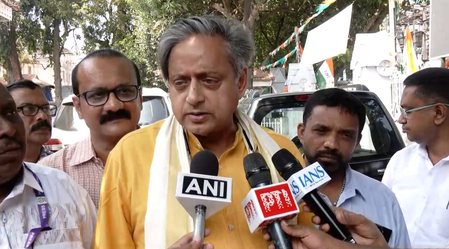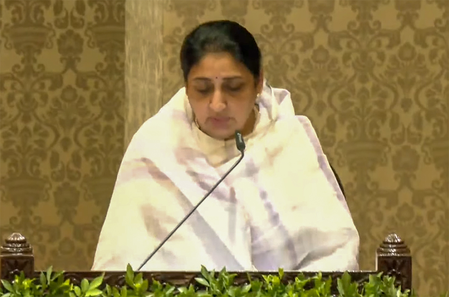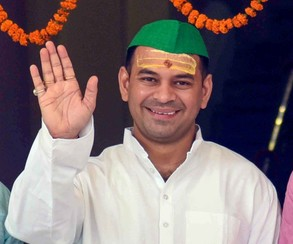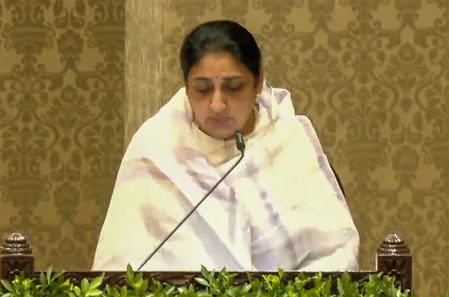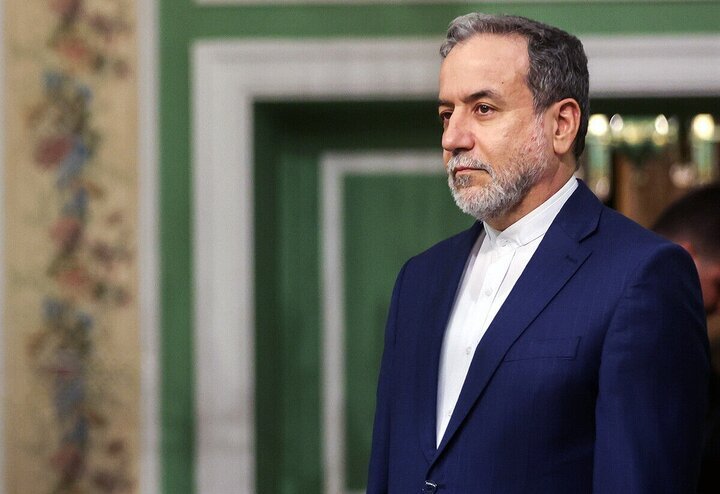
(RAHNUMA) After Israeli Prime Minister Benjamin Netanyahu vowed to retaliate for Iran’s missile attack, Iranian Foreign Minister Seyed Abbas Araghchi warned that any further action from Israel would invite a “stronger and more powerful” response from Tehran. The statement came following a missile strike launched by Iran on Tuesday, which targeted Israeli military bases.
Taking to X (formerly Twitter), Araghchi said, “Earlier this evening, we exercised self-defense under Article 51 of the UN Charter, targeting solely military & security sites in charge of genocide in #Gaza and #Lebanon. We did so after exercising tremendous restraint for almost two months, to give space for a ceasefire in Gaza.”
The foreign minister reiterated that Iran’s actions were concluded unless Israel chose to retaliate. “Our action is concluded unless Israeli regime decides to invite further retaliation. In that scenario, our response will be stronger and more powerful,” Araghchi warned.
He further noted that Israel’s allies now bear an increased responsibility to prevent further escalation. “Israel’s enablers now have a heightened responsibility to rein in the warmongers in Tel Aviv instead of getting involved in their folly,” he said.
On Tuesday evening, Iran launched multiple missiles targeting three military bases near Tel Aviv, as well as key air and radar installations. According to the Islamic Revolutionary Guard Corps (IRGC), approximately 90 percent of the missiles hit their intended targets, though no injuries were reported by Israeli authorities.
Iran has framed these missile strikes as part of a larger strategy of self-defense, pointing to Israeli military operations in Gaza and Lebanon as justification. Tehran accused Israel of orchestrating a “genocidal” campaign against Palestinians in Gaza, and Tuesday’s missile barrage was, according to Araghchi, a measured response after exercising restraint for nearly two months.
Following Iran’s missile strikes, Israeli Prime Minister Benjamin Netanyahu vowed that Iran would “pay” for the attack, warning that any aggression directed toward Israel would be met with a strong counterattack. “Iran made a big mistake tonight and will pay for it. Whoever attacks us, we attack them,” Netanyahu declared in a stern response.
While Netanyahu did not disclose specific details about Israel’s planned retaliation, the Prime Minister’s statement underscores the ongoing and escalating tensions between Israel and Iran. Relations between the two countries have been deeply strained for decades, but recent conflicts involving Hamas in Gaza and Hezbollah in Lebanon have brought the region to the brink of war.
The latest missile strikes and the heated rhetoric from both sides highlight the ongoing volatility in the region. Iran’s missile strikes are part of a broader confrontation involving multiple actors, including the Palestinian territories, Lebanon, and the broader regional struggle between Israel and Iran.
Araghchi’s invocation of Article 51 of the UN Charter—which grants the right to self-defense in the event of an armed attack—signals that Iran views its missile strikes as both justified and legitimate in the context of Israel’s military operations in Gaza and Lebanon.


